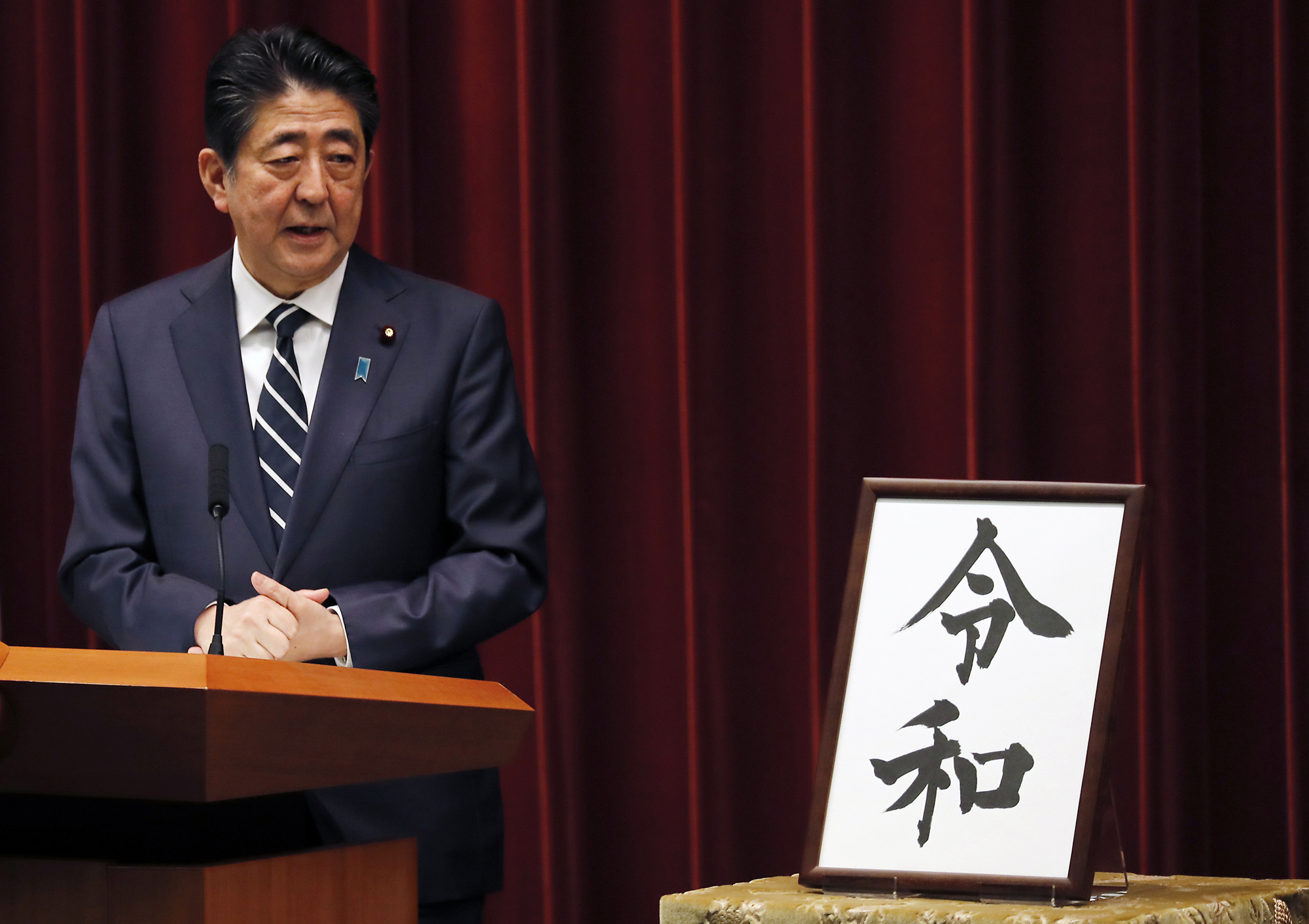On May 1, the new Reiwa Era will start. Throughout modern history, the Imperial eras have always proved a better demarcation of developments in society, in the economy and in the nation at large than other measures of time.
The recurring and predictable rhythms of the calendar or fiscal years may define public budget cycles and private profit swings, but the true mega-trends and national mood are captured best in the Imperial eras: the Meiji modernization boom; the Taisho drift from liberalism to populism to militarism; the postwar Showa rush to rebuild, to catch-up and to surge all the way up to the climax of "Japan as number one"; and the now-passing Heisei Era starting off with the biggest economic bubble bust in history, forcing decades of deflation, deleveraging and delusion. Japanese history will always be written in reference to the Imperial era baselines.
But what about the future? In my view, the new era has the potential to redefine Japan and its role in the world in a very positive way. During the Heisei Era, Japan was for many decades "the sick man of the world." Now at the start of Reiwa, Japan has got what it takes to become a true global leader. If, as I suspect, the following five fundamental policy challenges are addressed in the early years of Reiwa, Japan will impress by positive example and become the envy of global policy makers.


















With your current subscription plan you can comment on stories. However, before writing your first comment, please create a display name in the Profile section of your subscriber account page.